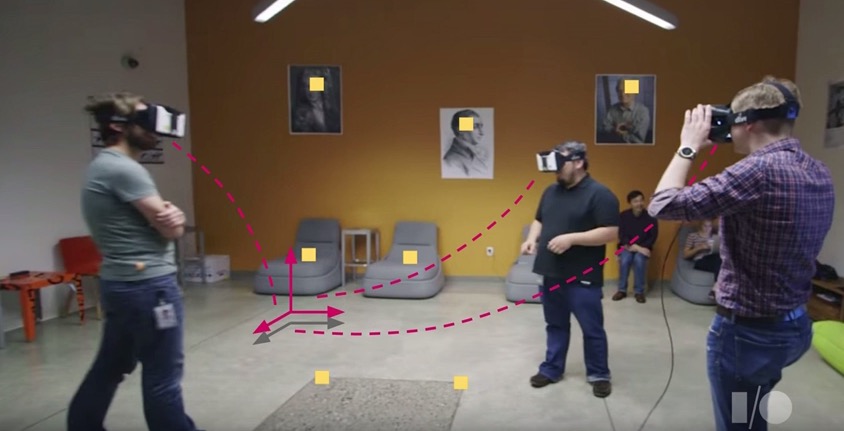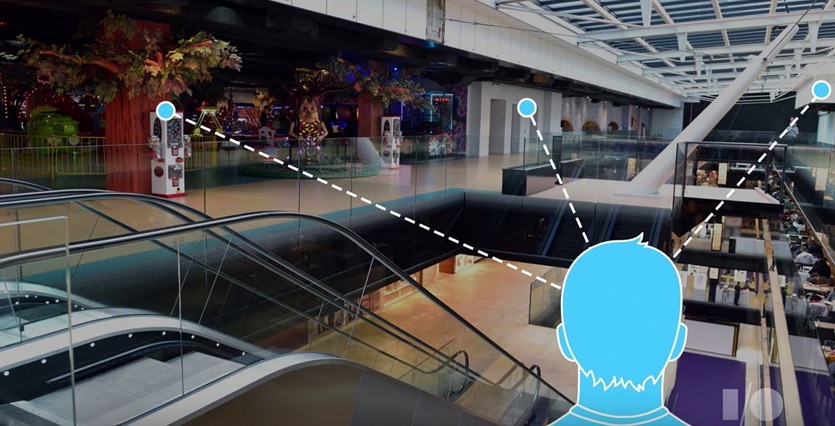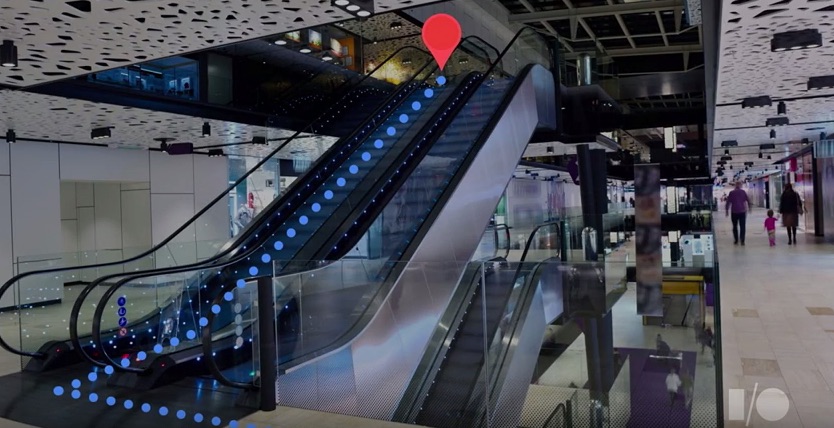We haven’t heard much about Project Tango, Google’s experimental augmented reality technology, recently. But some new tidbits have come to light at the recent Google I/O conference that shows the company is still plugging away at making that could potentially see consumer release in the not-too-distant-future.
Project Tango is essentially a technology that scans the physical layout of a room for use in both virtual reality and augmented reality experiences. Though the HTC Vive requires you to set the boundaries of a room, it doesn’t actually use the layout of the room in its simulation beyond limiting you with the chaperone system. In this respect, Project Tango is comparable to Microsoft’s HoloLens in the way that its room-scanning capability forms the core of the experience.

Project Tango’s room scanning, however, was not permanent. If you moved too quickly, or covered up the device’s sensors, it would interfere with the scan data and cause issues. A new development Google just revealed, called Area Learning, seeks to rectify that by “remembering” hundreds of “landmarks” within a room and using them to maintain the device’s position.

As PCMag writes, this technology hopes to solve the problem of “drift” in augmented reality, whereby objects will eventually drift out of position over time due to the accumulation of small errors in the tracking technology. Area Learning also has significant implications for potential multiplayer games, as the room layout data can be shared between multiple devices.
Though Lenovo plans to launch a Project Tango-branded smartphone later this year, the Area Learning technology won’t be available until 2017.

